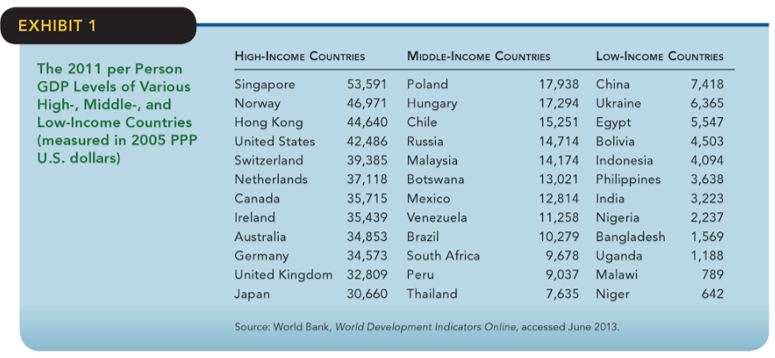Introduction
New institutional economics which emerged in the 1970s, became a basis for the economic reform and the development of the contemporary economy. It gave birth to diverse theories that outlined the reforms and conditioned the future of the economy. The current paper reviews one of the famous institutional theories, its impact on the institutional growth, and the variety of factors which constitute the economic growth in the future.
Institutional Theory of Douglass North’s as a Model for Economic Reform
North started his Institutional Theory to explain the issues of economic growth in American history (Ménard & Shirley, 2014). Further analysis revealed that the existing neoclassical economic tools were not efficient to explain the change in economic processes. Instead of neoclassical assumptions of rationality, North developed “economic models that incorporated politics, ideology, and beliefs” (Ménard & Shirley, 2014, p. 550). These models shaped the demands for the economic system and conditioned the economic reform.
Douglass North’s Theory to Promote Institutions Growth
North treats institutions as some external forces which can limit people’s choices (Bates, 2014). The model of the institutional framework suggested by North includes the protection of property rights, enforcement of contracts, and no interference of political authorities into entrepreneurial activity. Moreover, his theory considered changing circumstances. This approach provided opportunities for the growth of the institutions.
Rule of Law, Competitive Markets, Stable Money and Prices, and Regulation as Sources of Economic Growth
There are different sources of economic growth the combination of which provides economic sustainability. One of the keys to economic prosperity is the rule of law (Gwartney, Stroup, Sobel, & Macpherson, 2015). The protection of the legal system which regulates the economy contributes to its steady growth. Competitive markets are crucial for economic growth. Competition, particularly from abroad, stimulates producers to improve the quality of goods (Gwartney et al., 2015). The stability of money and prices allows long-term planning and guarantees the sustainability of the budget. Finally, governmental regulation which includes taxation is essential to control economic issues. However, it should be minimal to provide the economic sector with a certain independence.
Institutions and Policies to Promote Economic Growth in the Future
Dzeniek-Hanouz, Head of Economic Growth and Social Inclusion System Initiative (2015), believes that country’s institutions can predict its prosperity. She states that “the legal and administrative organizations that underpin every society form what we economists call an “enabling environment” for the creation of wealth” (Dzeniek-Hanouz, 2015, par. 1). Moreover, the policy of collaboration between the private and public sectors stimulates productivity. On the whole, institutions (including government) and such characteristics as the level of corruption, ethics, effectiveness, etc., are decisive for the economic growth in the future.
Economic Inequality and Poverty as Challenges for Economic Growth in the Future
The issues of economic inequality and poverty need redistribution of funds which is a challenge for the economy. The costs for redistribution and anti-poverty programs should be carefully estimated (Gwartney et al., 2015). GDP levels determine the position of a country in the world’s economy. Thus, the distribution of countries by income is in exhibit 1.

However, future economic growth and sustainability are possible if the rates of poverty and economic inequality reduce. Inequality and poverty are tools for political manipulation which is not appropriate for the development of the economy.
Conclusions
On the whole, a sustainable economy and its steady growth depend on many factors. They include readiness of the economic system for reforms, country’s institutions and policies, rates of income together with those of poverty and inequality, and cooperative relations of private and public sectors. The combination of all factors with a focus on institutions determines the economic development of the country.
References
Bates, R.H. (2014). The new institutionalism. The work of Douglas North. In S. Galiani, & I. Sened (Eds.), Institutions, economic growth, and property rights: The legacy of Douglass North (pp. 50-65). New York, NY: Cambridge University Press.
Dzeniek-Hanouz, M. (2015). Why institutions matter for economic growth? Web.
Gwartney, J. A., Stroup, R. L., Sobel, R. S., & Macpherson, D. A. (2015). Economics: Private and public choice (15th ed). Stamford, CT: Cengage Learning.
Ménard, C., & Shirley, M.M. (2014). The future of new institutional economics: From early intuitions to a new paradigm? Journal of Institutional Economics, 10(4), 541-565. Web.